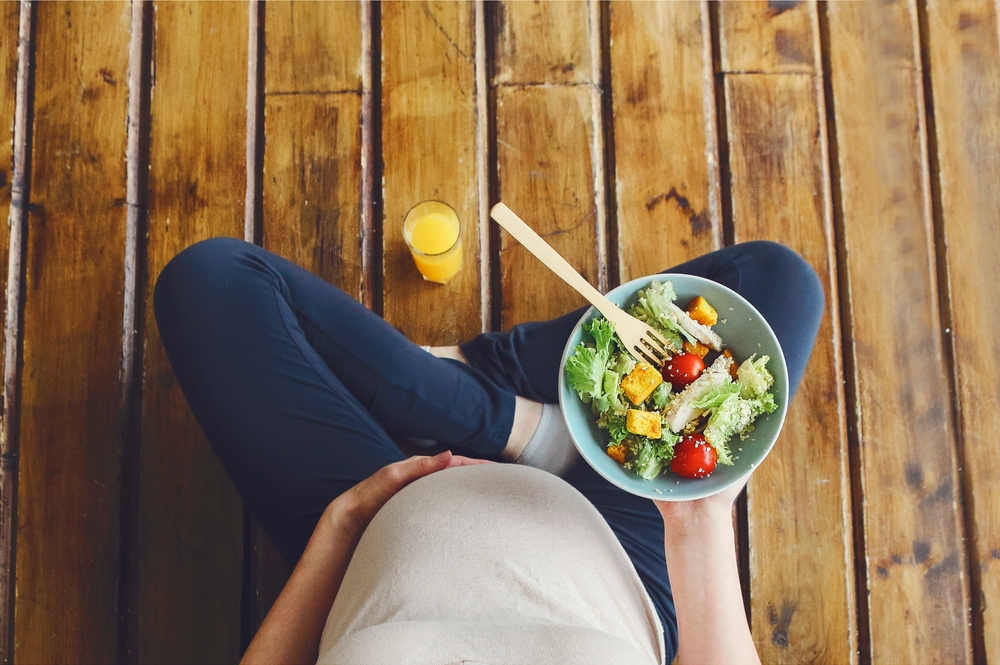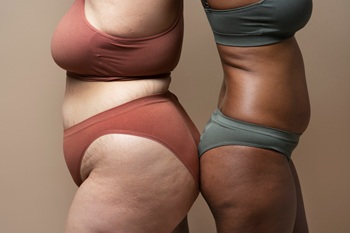The Best Nutrition and Foods to take during Pregnancy
Pregnancy is one of the times eating healthy is essential to ensure the development of a healthy baby. You are providing for your developing baby as well as the drastic changes in your body associated with pregnancy. The entire system in your body is functioning at a higher rate to accommodate the growing fetus. This will increase your calorie demands, and on average, you will need to increase your daily caloric intake by 350 - 450 calories depending on the trimester.
This article will highlight the essential nutrients and foods to take to sustain you and your unborn child.
Protein
Protein is essential to maintain your growing fetus and to support the changes that will occur in your body. Typically, the recommended daily intake is about 70 -100g depending on the trimester of the pregnancy. Examples of foods rich in protein to fulfill this need are fish, chicken, peanuts, and beans.
Carbohydrate
Carbohydrate is what provides energy to your body, and one-third of your diet should consists of carbohydrate. Starches are great ways to meet your energy requirement without consuming too many calories. Starchy foods include:
- Potatoes.
- Bread.
- Pasta.
- Cereals like wheat, oats, barley, rice, and couscous.
Folate
Severe spinal cord and brain abnormalities called neural tube defects are associated with folate deficiency. Taking folate lowers the risk of prematurity that is labor earlier than the 37th week of pregnancy, and low birth weight in the baby. It is recommended to begin taking 400 micrograms of folate daily- two or three months before getting pregnant so that your body’s storage of folate is fortified. Also, the daily intake should be elevated to 600 - 1000 micrograms daily after you become pregnant.
Rich sources of this vitamin comprise:
- Green leafy vegetables like; spinach, lettuce, asparagus and broccoli.
- Beans.
- Peanuts.
- Fruit.
- Liver.
- Seafood.
In addition to eating a folate-rich diet, it is advised to start vitamin supplementation since it is difficult to meet your requirement of this essential nutrient by diet alone.
Iron
Iron deficiency anemia is one of the most common health problems occuring during pregnancy. Iron is a component of hemoglobin, a protein that enables the blood to deliver oxygen to the organs. During this period, blood volume expands substantially to provide oxygen and nutrients to your body and the baby. As a result, your iron requirement also increases. If this increased demand isn’t met, you may experience signs and symptoms of iron deficiency anemia like fatigue, headache, pale skin, and light-headedness. It also puts your baby at an increased risk for premature birth and low birth weight.
This condition can be prevented by taking prenatal vitamins containing iron and increasing your intake of iron-rich foods such as meat, fish, poultry, green leafy vegetables, and peas. Also, vitamin C facilitates iron absorption which is why it is good to incorporate vitamin C-rich foods like citrus fruit (lemon, orange, and grapes), bell peppers, tomatoes, and strawberries.
Calcium
Calcium is an essential mineral that needs to be in our daily meals. It is vital for the formation of bones, teeth, muscles, and brain functions. As your body is providing for the growing bones of your baby, your daily calcium demand will increase during pregnancy. During this time, your daily calcium requirement is around 1200mg.
Although milk and milk products are the best sources of calcium, however, we can find it in other food items like green leafy vegetables and fish. Getting a sufficient amount of calcium from your diet alone may not be possible if you are a vegan or lactose intolerant. In that case, it is better to start calcium supplements. Calcium supplementation is essential during breastfeeding too, because calcium is lost through breast milk.
Fluid intake
Drinking 8-12 glasses of water per day is enough to meet your daily fluid requirements. Taking water is vital for maintaining the amniotic fluid around your baby as well as circulation of nutrients, and waste removal in your body.
Frequently Asked Questions on Pregnancy
Is weight gain normal during pregnancy?
Weight gain during pregnancy is normal and to be expected. The extra weight gained is needed to support your growing baby. It will also help you during the breastfeeding period.
What should I avoid during pregnancy?
Without saying too much, alcohol and cigarettes are obvious “Nos” and should be completely avoided when you are pregnant. Consuming them puts your baby at risk of different congenital abnormalities and increases your chances of developing pregnancy-related complications.
Also, you need to be cautious of over-the-counter medications and always consult a health care professional before taking them. It is wise to stay away from unpasteurized milk and milk products not labeled as ‘made with pasteurized milk.’ Avoid uncooked or undercooked eggs, seafood, and meat too.
What exercise is the safest during pregnancy?
Most exercises are safe during pregnancy as long as they are not too strenuous. Regular exercise increases your energy, decreases discomfort, relieves stress, and it may also decrease the risk of certain pregnancy-related complications such as gestational diabetes.








Comments (0)